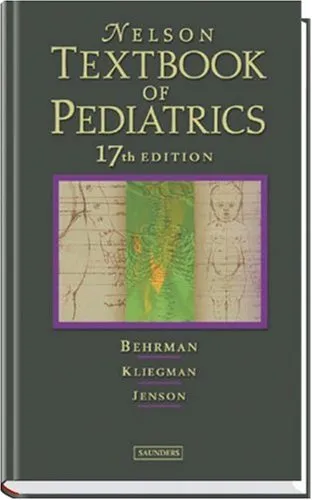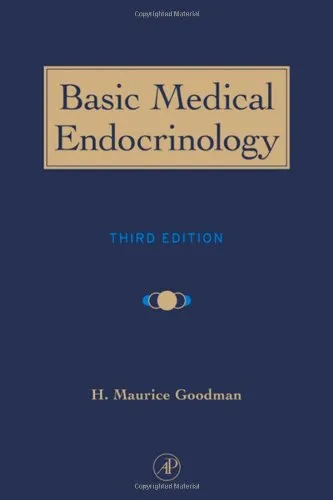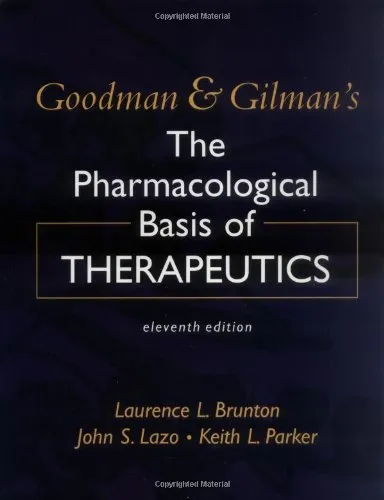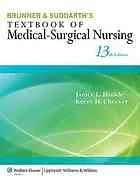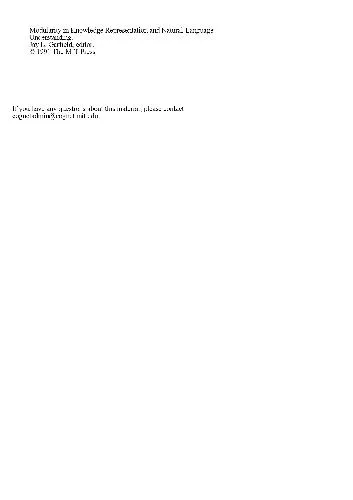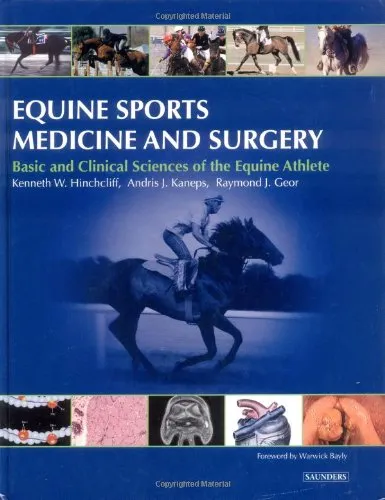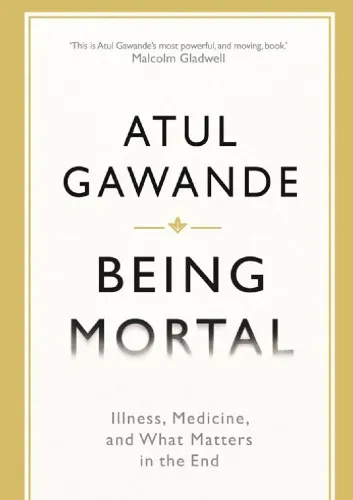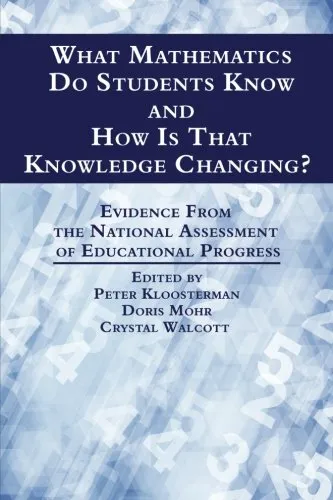Aids Rhetoric and Medical Knowledge
4.0
Reviews from our users

You Can Ask your questions from this book's AI after Login
Each download or ask from book AI costs 2 points. To earn more free points, please visit the Points Guide Page and complete some valuable actions.Related Refrences:
Introduction to Aids Rhetoric and Medical Knowledge
In Aids Rhetoric and Medical Knowledge, Alex Preda delves into the complex intersections of language, culture, and science that have shaped the global understanding of the AIDS epidemic. This book is neither a simple chronological narration nor a conventional medical analysis—it is an exploration of how rhetoric and knowledge production influenced the way society comprehended and responded to one of the gravest public health crises of the 20th century.
Published to challenge preconceived notions about medical discourse, this book addresses pivotal questions: How did language affect the construction of meanings around AIDS? What role did medical knowledge play in framing public perceptions of the disease? How were social attitudes toward individuals and communities affected by these narratives? By unpacking these questions, Aids Rhetoric and Medical Knowledge invites readers on an intellectual journey to better understand how the power of rhetoric intersects with the tenets of science.
Detailed Summary of the Book
The book begins by examining the emergence of AIDS in the late 20th century, situating its impact within a broader cultural and sociopolitical framework. Alex Preda highlights how the medical community grappled with uncharted territory, attempting to define a virus they barely understood. At the same time, public discourse, shaped by media, politics, and advocacy groups, engaged in constructing a narrative around the disease, its causes, and the people most affected by it.
Drawing upon a wealth of interdisciplinary sources, Aids Rhetoric and Medical Knowledge presents a nuanced argument: the language surrounding AIDS not only shaped public policy and medical practices but also reflected broader societal biases, fears, and prejudices. Whether in clinical descriptions, political speeches, or media depictions, rhetoric both illuminated and obscured the nature of the epidemic.
Key sections of the book focus on the stigmatization of marginalized communities, especially LGBTQ+ individuals and intravenous drug users, and how this stigma was often exacerbated by public health campaigns and policy debates. The book also dives into medical science’s role in framing the epidemic: from the initial uncertainty about its etiology to breakthroughs like antiretroviral therapies. These scientific advancements were catalysts for hope but were accompanied by their own rhetorical shifts.
Ultimately, the book reveals how rhetoric was not merely an accessory to understanding AIDS but an integral part of the process whereby knowledge about the disease was constructed, disseminated, and critiqued. Through this exploration, Preda invites readers to reflect on how biases embedded within language can perpetuate inequities and shape the trajectory of a public health crisis.
Key Takeaways
- Rhetoric plays a critical role in shaping medical knowledge and public responses to health crises.
- The stigmatization of marginalized groups often stems from how language portrays them amidst crises.
- Scientific progress is deeply intertwined with societal narratives, and medical breakthroughs do not occur in isolation from cultural contexts.
- Understanding the role of rhetoric in medical discourse can help us approach contemporary health challenges with greater awareness and equity.
Famous Quotes from the Book
"Language is the vessel through which knowledge travels, but it is never neutral—its cargo reflects the culture, fears, and hopes of its time."
"The history of AIDS is not just the history of a virus—it is the history of stories told about the virus and the people it affected."
Why This Book Matters
Understanding the role of rhetoric in medicine has never been more critical than in today’s world, where global health crises continually emerge. Aids Rhetoric and Medical Knowledge offers a foundational lens through which readers can examine current issues like pandemics, health misinformation, and vaccine hesitancy. It challenges us to scrutinize not just the facts presented in public health discussions but the words and narratives used to deliver those facts.
This book is a must-read for anyone seeking to comprehend how society interacts with medicine and science during crises. It lays bare the mechanisms by which language can either empower or marginalize, inform or mislead. At its core, it is a call for greater critical inquiry into how we use words to understand and combat disease. For scholars, policymakers, healthcare professionals, and the general public, it invites reflection and action in creating a more equitable world when medical knowledge is deployed.
Free Direct Download
You Can Download this book after Login
Accessing books through legal platforms and public libraries not only supports the rights of authors and publishers but also contributes to the sustainability of reading culture. Before downloading, please take a moment to consider these options.
Find this book on other platforms:
WorldCat helps you find books in libraries worldwide.
See ratings, reviews, and discussions on Goodreads.
Find and buy rare or used books on AbeBooks.
1347
بازدید4.0
امتیاز0
نظر98%
رضایتReviews:
4.0
Based on 0 users review
Questions & Answers
Ask questions about this book or help others by answering
No questions yet. Be the first to ask!
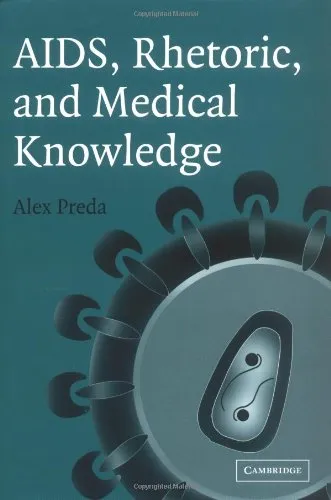
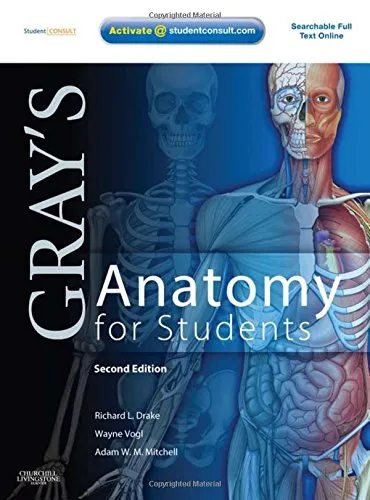
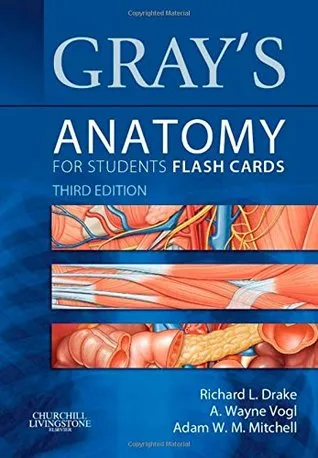
![Gray’s Anatomy for Students [with Student Consult Online Access]](https://s3.refhub.ir/images/thumb/Gray_s_Anatomy_for_Students__with_Student_Con_2727_FngnAl0.webp)
